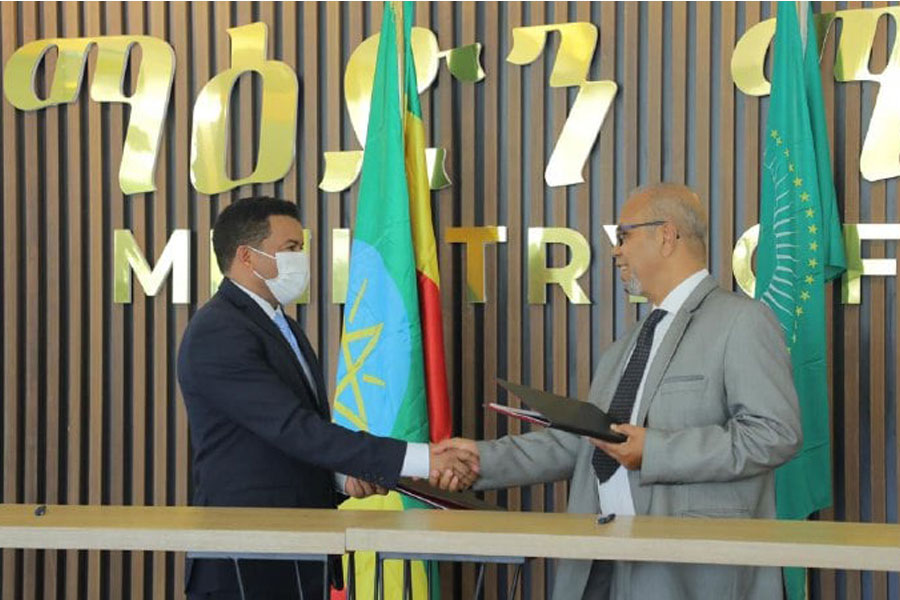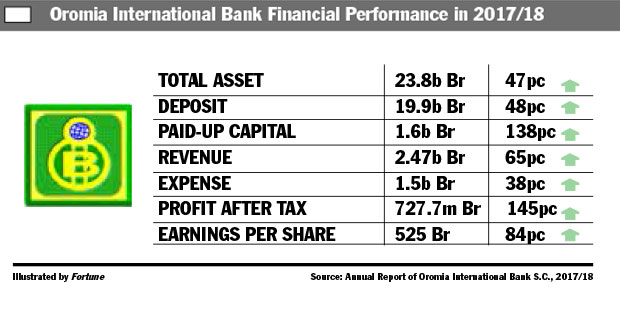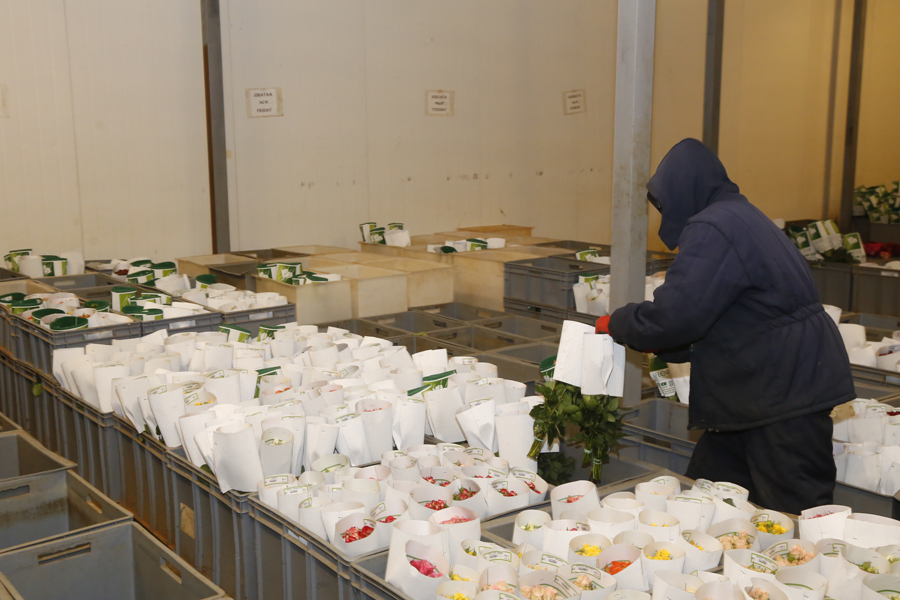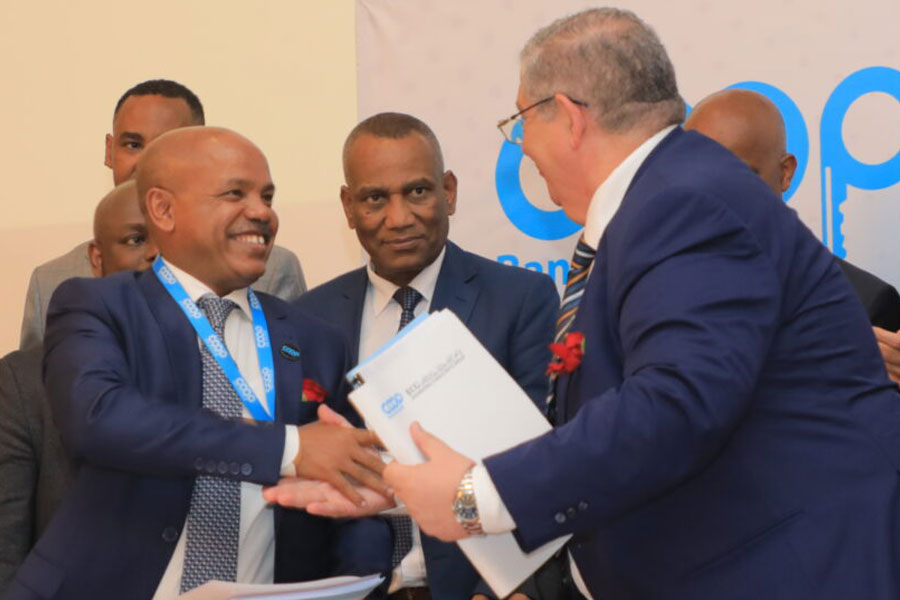
Fortune News | Jan 15,2022
Oromia Regional State's artisanal mining sector is in flux after stricter re-registration requirements were implemented by the Mineral Development Authority six months ago. The Authority tightened registration procedures, requiring Taxpayer Identification Numbers (TIN), member identification documents, and association memorandums, which led to the 2,063 registered associations significantly dropping to 803. These reforms come against the backdrop of a regulatory loophole for unemployed youth permits used by employed individuals.
While the federal government's role lies in regulating small-scale industrial mines, regional states have the authority to issue artisanal mining licenses. Zewdu Taddesse, the Authority's deputy head, said the regulation aims to curb illegal mining and tighten oversight while boosting royalty revenues.
"We were quite patient," he told Fortune.
He said many associations were reluctant to provide identification documents required for re-registration after the stricter requirements were implemented in December. Only 365 were registered after the notice which concerns Zewdu that loose regulations in the past exposed artisanal mining to exploitation.
The tension between the government's desire to increase revenue and control the mining sector, and the challenges faced by legitimate miners who must navigate the expensive regulatory road is palpable.
Oromia's royalty payments have risen by 700 million Br in eight months, suggesting the stricter regulations might be achieving their goal of increasing government revenue from mining. However, the cost of obtaining artisanal mining permits has also increased by 38pc to 1,750 Br, with similar hikes for small-scale to industrial permits between 8,502 to 15,700 Br.
A 20-year trend of tightening regulations in the artisanal mining sector suggests illegal mining appears to be on the rise, potentially due to the discovery of new mineral deposits. Exports of tantalum, lithium, and gold accounted for 142.9 million dollars in revenues during the first six months of the fiscal year.
Mengistu Waji, head of Guji Zone's Mining Bureau, points out that re-registrations aim to realise the national ambition and increase mining exports and employment despite unfinished exploration by Authorities. He said the mandatory requirement of 12Kg of gold submissions to the central bank and similar volume quotas have created anxiety in the associations.
"No one wants to get incarcerated," Mengistu told Fortune.
The drastic drop from 138 registered associations to only nine after the reforms highlights the significant impact on local miners. A pilot program started three years ago failed to get off the ground. It sought to partner with youth associations that have a local understanding of the terrain with investors looking to engage in mining operations.
Nega Sura was a youth association member who engaged in artisanal gold mining with 16 others in Sheka Woreda of Guji Zone until their license was terminated five months ago. The father of four has resorted to cultivating maize after 17 years of artisanal mining. He is struggling more than ever to make a decent living with his recent earnings.
"I have now become a farmer," he told Fortune.
Bureaucratic hurdles and the financial strain on miners are creating roadblocks in the registration process. Nasir Deriba, a zonal mining bureau head, acknowledges that the new eligibility requirements, licensing fees, and budget constraints are hindering the process.
"It has become a time-consuming process," he told Fortune.
Abdulahi Zinabe, head of the Job Creation Bureau, said the logistical difficulty of requiring all association members to be present for permit renewals.
Experts observe the reforms might be stifling the artisanal mining sector.
Tesfaye Megersa, a mining consultant, criticises the current approach. He believes the right to mine locally should not be restricted by factors like employment status or quotas. He argues that local communities should have greater access to their resources and observes the complex registration process and strict regulations overwhelm traditional associations accustomed to simpler methods.
"Assisting the miners with technology and research would be the ideal solution," he said.
PUBLISHED ON
Mar 30,2024 [ VOL
24 , NO
1248]

Fortune News | Jan 15,2022

Radar | Nov 23,2019

Radar | Sep 02,2023

Fortune News | Nov 14,2020

Radar | Apr 16,2022

Radar | Dec 29,2018

Fortune News | Mar 02,2024

Fortune News | Jun 17,2023

Radar | Oct 24,2020

Fortune News | Apr 22,2023

Dec 22 , 2024 . By TIZITA SHEWAFERAW
Charged with transforming colossal state-owned enterprises into modern and competitiv...

Aug 18 , 2024 . By AKSAH ITALO
Although predictable Yonas Zerihun's job in the ride-hailing service is not immune to...

Jul 28 , 2024 . By TIZITA SHEWAFERAW
Unhabitual, perhaps too many, Samuel Gebreyohannes, 38, used to occasionally enjoy a couple of beers at breakfast. However, he recently swit...

Jul 13 , 2024 . By AKSAH ITALO
Investors who rely on tractors, trucks, and field vehicles for commuting, transporting commodities, and f...

Nov 1 , 2025
The National Bank of Ethiopia (NBE) issued a statement two weeks ago that appeared to...

Oct 25 , 2025
The regulatory machinery is on overdrive. In only two years, no fewer than 35 new pro...

Oct 18 , 2025
The political establishment, notably the ruling party and its top brass, has become p...

Oct 11 , 2025
Ladislas Farago, a roving Associated Press (AP) correspondent, arrived in Ethiopia in...